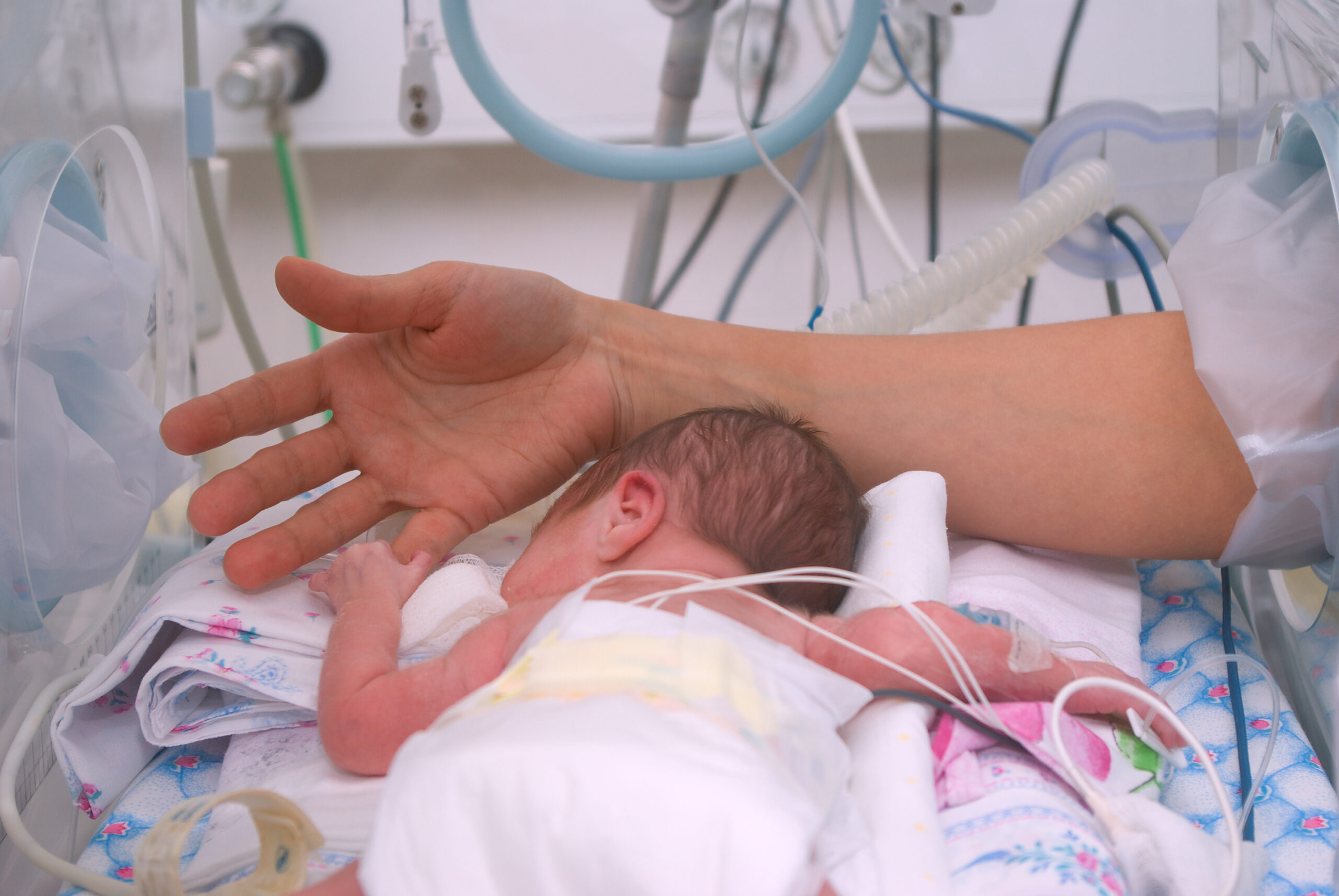latest
Mental ill-health in fathers increases risk of preterm birth
When either parent is experiencing mental illness, they have a greater risk of having a preterm baby, a large-scale Swedish study has found
“Suffering from a mental illness, or having a partner with a mental illness, will probably be a source of stress for an expectant mother.” Authors of "Paternal and maternal psychiatric history and risk of preterm and early term birth: A nationwide study using Swedish registers"
A mother is more likely to have a preterm baby if the baby’s father is experiencing mental ill-health, according to new research published in the journal PLOS Medicine.
Preterm birth, which refers to the birth of a baby before 37 weeks of pregnancy, is associated with a greater risk of negative health outcomes for the child, including neurodevelopmental conditions such as autism spectrum disorder. The earlier the baby is born, the higher the risk of complications. There is also evidence that even babies born at 37 to 38 weeks of pregnancy may be more likely to experience adverse health outcomes than those born at term.
The researchers, who are based at the Karolinska Institute in Sweden, looked at data on 1.5m babies born in Sweden between 1997 and 2016. They also examined data about the parents’ mental health from the National Patient Register, which records all psychiatric diagnoses by clinical specialists in Sweden. They worked out the length of pregnancies from the Medical Birth Register, which is a record of all births in Sweden.
About 15% of the babies born had at least one parent with a mental health disorder. The study found that, compared with children where neither parent had a mental illness, children where one or both parents had a mental illness were more likely to be born preterm. In cases where the mother had a mental illness, the risk increased by 31%. If it was the father who had a mental illness, there was a 12% increased risk. If both parents had a mental illness, the risk increased by 52%. The authors made adjustments for confounding factors, such as income and parental age.
Looking at absolute numbers, among parents without mental illness, one in 17 children were born preterm. A diagnosis in fathers increased the risk to one in 16, in mothers to one in 14, and in both parents to one in 12 children.
Stress-related disorders are biggest risk for preterm birth
The study authors looked at whether the risk was higher for particular types of mental disorder. They found that the highest risk of preterm birth was associated with stress-related disorders, such as post-traumatic stress disorder. The risk increased by 23% if the father had a stress-related disorder, 47% if the mother suffered from a stress-related disorder, and 90% if both parents had a diagnosis, compared with children where neither parent had a stress-related disorder.
The risk was also increased if parents had multiple different psychiatric disorders. Children of a mother with depression were 25% more likely to be born preterm compared with children of a mother without a psychiatric disorder. When the mother had depression and schizophrenia at the same time, the risk increased by 39%. If the mother had depression, schizophrenia and anxiety disorder, the risk increased by 65%.
The reason for the increased risk is unknown. The authors say that the underlying mechanism is “likely to be complex” and that “we can only really speculate on what is behind these trends.”
In the case of mothers, the authors say, maternal stressed has been linked to higher level of stress hormones, “which may induce premature contractions.” They add: “Suffering from a mental illness, or having a partner with a mental illness, will probably be a source of stress for an expectant mother.”
There has also been research to suggest that a father’s support during pregnancy can moderate the effects of maternal stress. One study found that women with chronic stress who had better support from the baby’s father had a lower risk of preterm delivery.
FCC Insight
This is a fascinating piece of research showing that mental illness in either parent is linked to an increase in pre-term birth. It is plausible that mental illness in the mother can lead to an increase in stress hormones, which may in turn trigger premature labour. It is harder to understand the mechanism by which mental illness in fathers might increase the risk, though as the authors say, it may be that having a mentally ill partner adds to the stress for the mother. Clearly more research is needed, but the findings also demonstrate the need for greater access to mental health support for both parents during pregnancy to improve outcomes.
